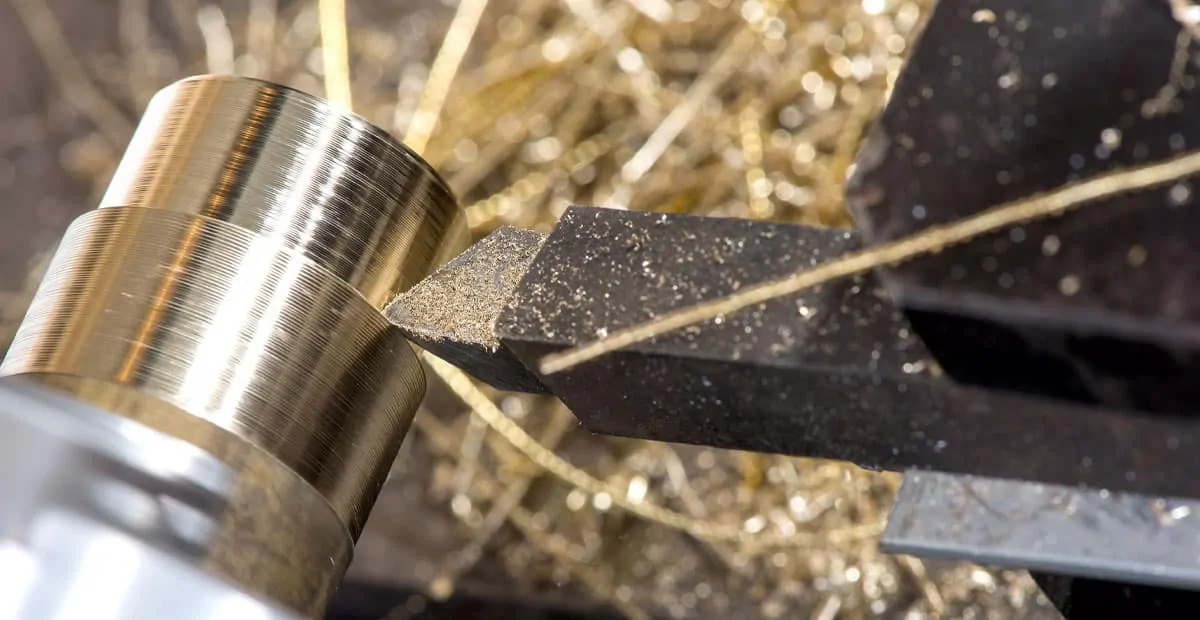Brass is a widely used non-ferrous alloy in precision engineering, known for its excellent machinability, corrosion resistance, and aesthetic appeal. When combined with the capabilities of CNC machining, brass becomes an ideal material for producing custom parts across industries such as electronics, plumbing, automotive, and decorative hardware.
This article explores the advantages of brass, the specific considerations when machining it, and why custom CNC brass parts are a reliable solution for both functional and visual components.
Why Choose Brass for CNC Machining?
Brass is primarily composed of copper and zinc, and its material properties make it particularly well-suited for CNC processes like turning, milling, drilling, and threading. Here’s why manufacturers and engineers frequently opt for brass:
Excellent Machinability
Brass is one of the easiest metals to machine. It generates low friction during cutting, produces minimal tool wear, and allows high-speed machining with tight tolerances—resulting in smooth finishes and efficient cycle times.
Dimensional Stability
Brass has low material distortion under stress and low thermal expansion compared to plastics or some aluminum alloys. This means parts retain their form and function across a wide temperature range, making brass reliable for fittings and assemblies.
Corrosion Resistance
Ideal for wet or humid environments, brass naturally resists corrosion, particularly from water, saline solutions, and mild acids. This makes it popular in plumbing, marine, and instrumentation applications.
Electrical and Thermal Conductivity
Certain brass grades (like C36000) offer good electrical conductivity, making brass components useful in connectors, terminals, and sensor housings.
Decorative Finish
Brass has a rich, gold-like appearance that can be polished or coated, lending itself well to visible consumer parts like door handles, bezels, and decorative fasteners.
Common Types of Custom CNC Brass Parts
CNC machining allows brass to be shaped into a variety of precise, repeatable components. Typical custom parts include:
Threaded Inserts & Fittings
Used in plumbing systems, automotive fuel lines, and electronics housings, where precise threads and leak-proof seals are critical.
Valve Components
Including stems, housings, and seats for gas, liquid, or air control.
Electrical Terminals & Contacts
Machined for consistency in signal conduction and fitted into PCB assemblies or sensor modules.
Bushings and Spacers
Providing low-friction contact in mechanical assemblies or supporting alignment in rotating components.
Instrument Knobs and Connectors
Both functional and aesthetic, these parts are often custom-shaped and require high surface finish.
CNC Machining Processes for Brass
CNC Turning
Ideal for cylindrical brass parts such as threaded rods, bushings, and precision pins. Turning allows for tight concentricity and surface finish optimization.
CNC Milling
Used to produce complex 2D or 3D geometries, flat surfaces, pockets, and slots. Often used for housings, connectors, and custom brackets.
Drilling & Tapping
Brass handles thread creation exceptionally well, making it a preferred choice for internal threading and tight-tolerance holes.
Surface Finishing
Polishing: Reflective polishing is used to make the surface of parts smooth and reduce defects, thereby enhancing visual appeal.
Electroplating: By depositing gold, nickel, or chromium on parts, it enhances aesthetics and improves corrosion resistance.
Powder coating: can be colored while providing a more durable surface treatment, and can be customized according to specific requirements.
Brush coating: With a unique and professional appearance, it can produce a texture similar to satin.
These surface treatment methods all contribute to achieving different visual and performance effects for each product.

Design Considerations for Custom Brass Parts
When designing brass parts for CNC machining, consider the following:
Material Grade Selection:
- C360: C360 is known for its excellent cutting performance, its shape can be easily changed by machine tools, and it is not easy to rust. Therefore, C360 can not only automatically carve complex structures, but also be used for fine machining of precision and complex components.
- C932: C932 brass, also known as bearing bronze, is one of the brass with the best wear resistance performance. Therefore, it is widely used to manufacture the most common and firmly fixed bushings or bearings on components.
- C464: These terms typically refer to any material that can provide excellent durability under rust, corrosion, and high pressure, such as C464. Ship parts are also one of their daily uses.
Wall Thickness: Avoid overly thin walls (<0.5 mm), which may deform under cutting pressure.
Thread Tolerances: Brass enables sharp, clean threading. Consider class of fit and thread engagement length for mechanical or fluid connections.
Deburring and Chamfering: Brass is prone to producing sharp edges. Automated or manual deburring should be specified for safety and functionality.
Coating and Oxidation: Uncoated brass may tarnish over time. If cosmetic appeal is critical, request clear coating or plating.
Industries That Rely on Custom Brass Machined Parts
Plumbing & HVAC:
Precision fittings, manifolds, couplings, and pressure control components.
Automotive & Aerospace:
Sensor housings, fuel system connectors, and vibration-resistant terminals.
Electronics:
Connectors, terminals, RF components, and enclosures.
Medical Equipment:
Custom knobs, contact points, and fluid control valves (where biocompatibility allows).
Consumer Products:
High-end hardware, lighting components, and decorative trims.
Conclusion
Brass combines the best of form and function—easy to machine, highly durable, corrosion-resistant, and visually appealing. Through CNC machining, manufacturers can produce custom brass parts that meet demanding tolerances, complex geometries, and high aesthetic standards.
Whether you’re prototyping a precision connector or scaling production for decorative hardware, custom CNC-machined brass components offer the flexibility, quality, and consistency modern industries demand.



